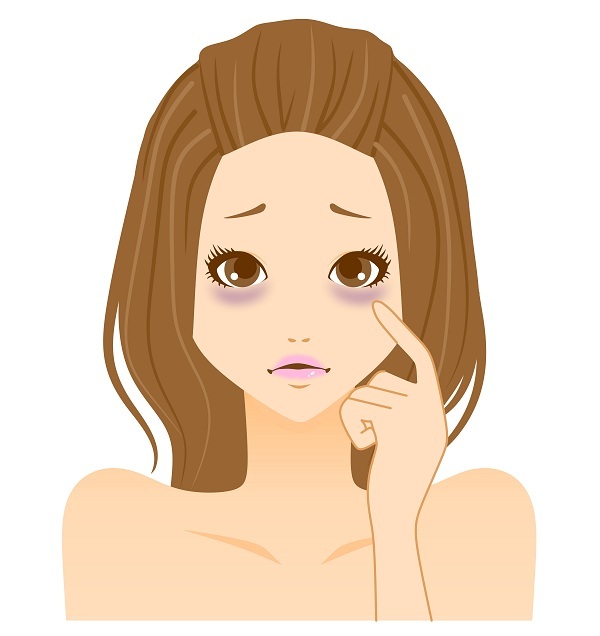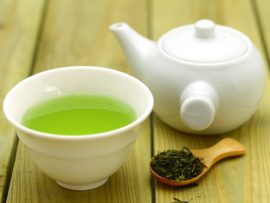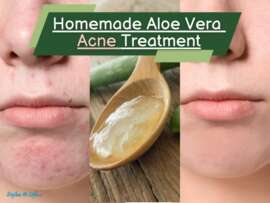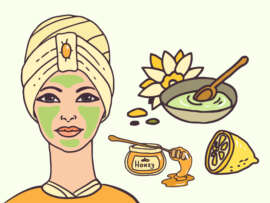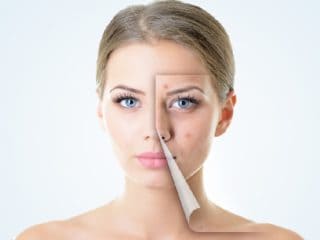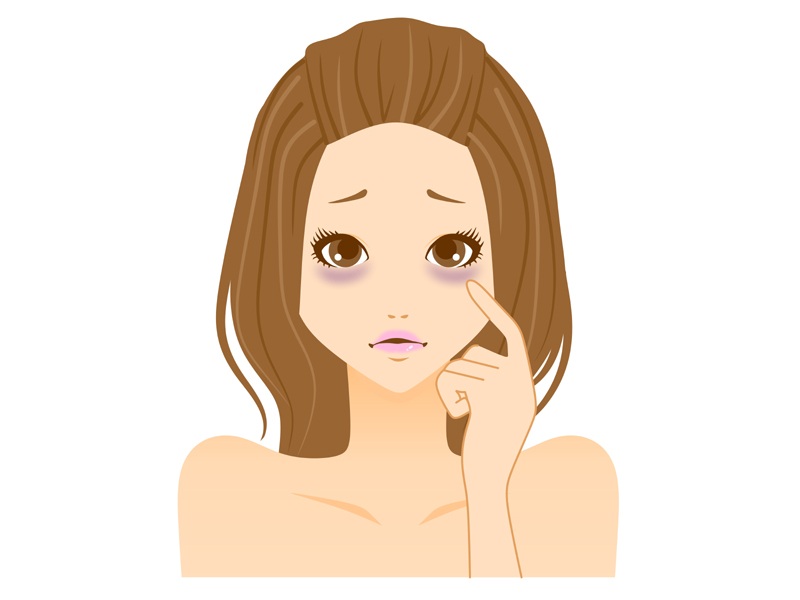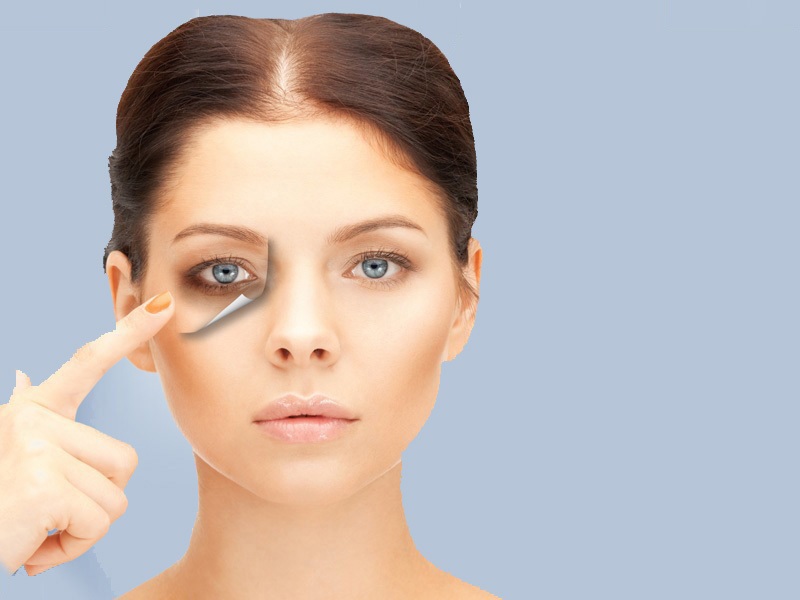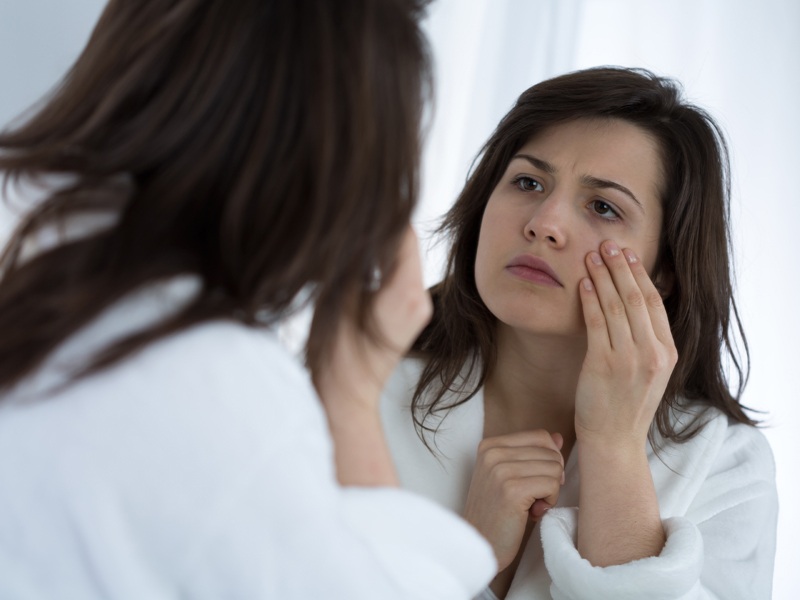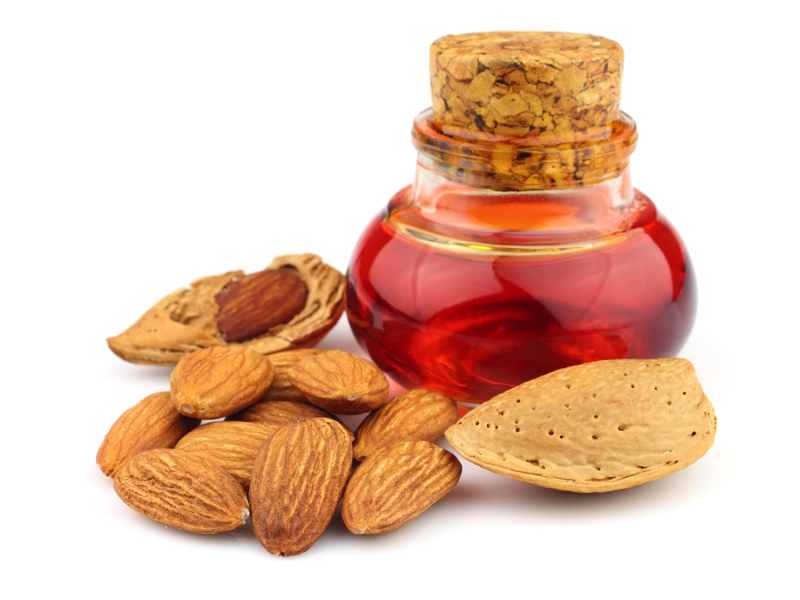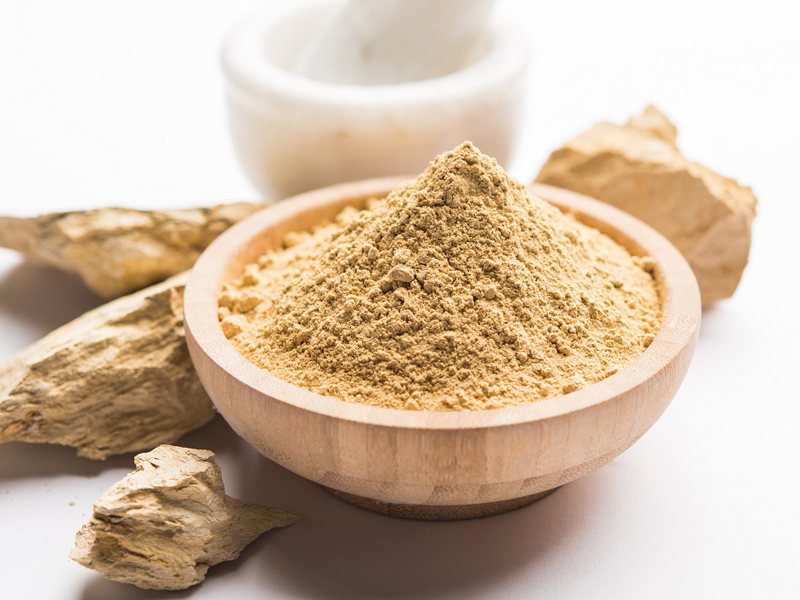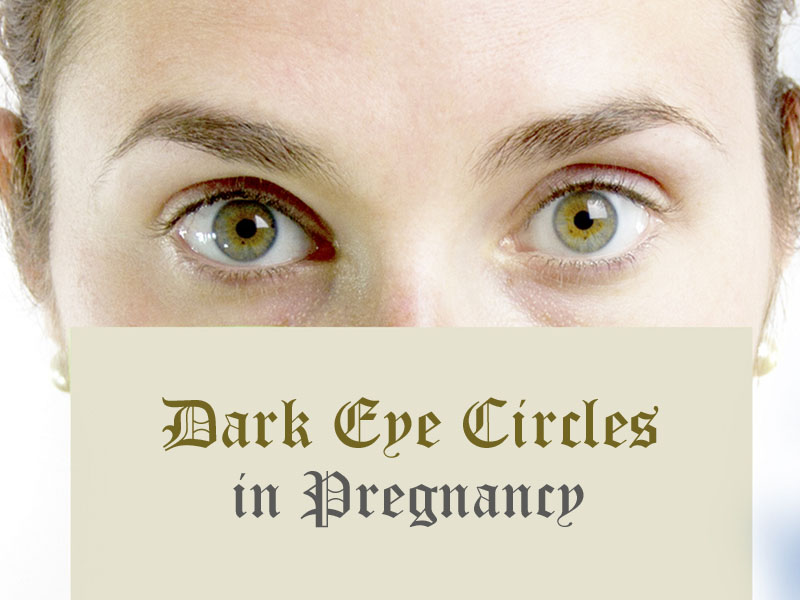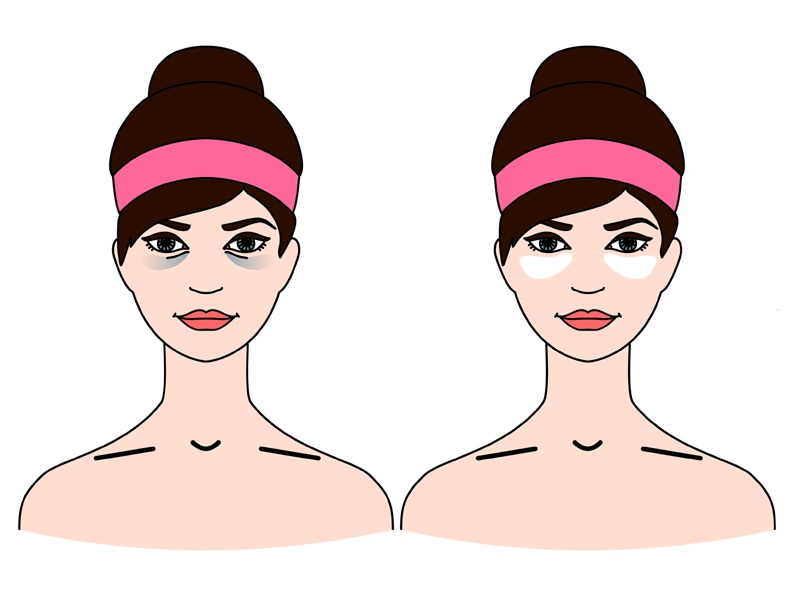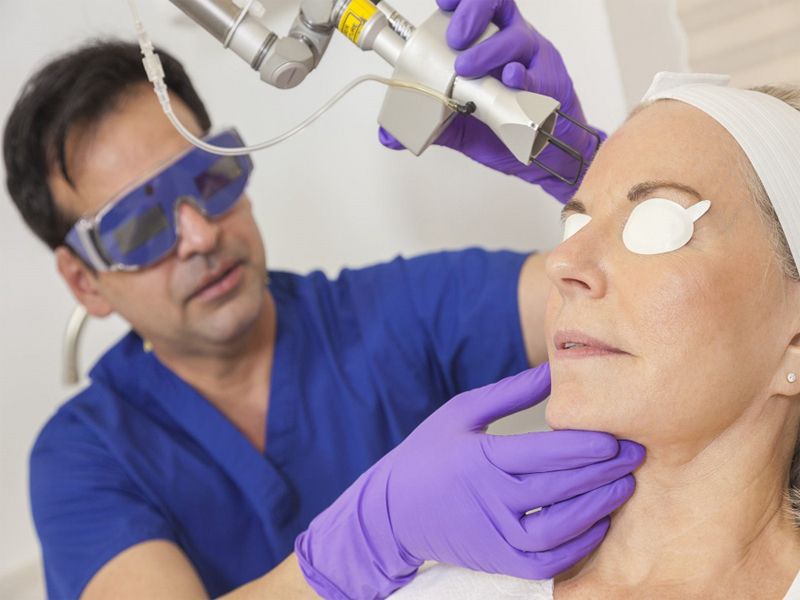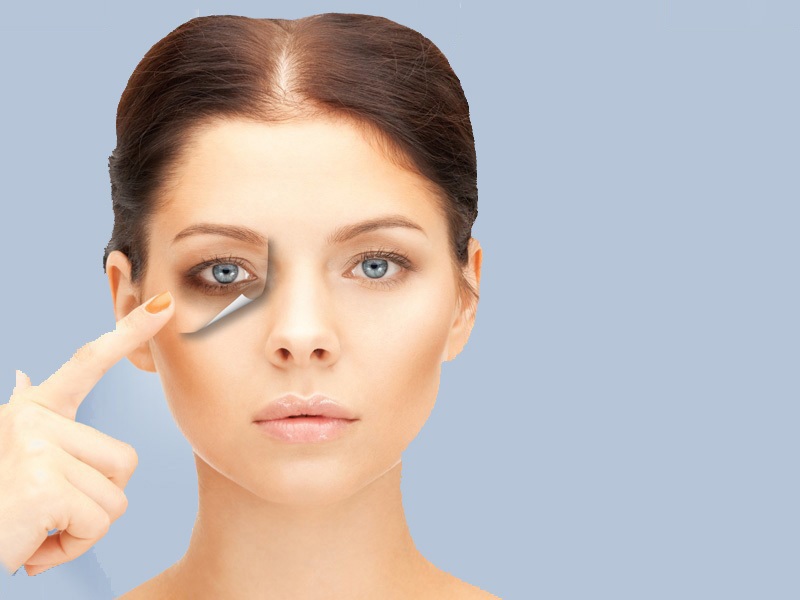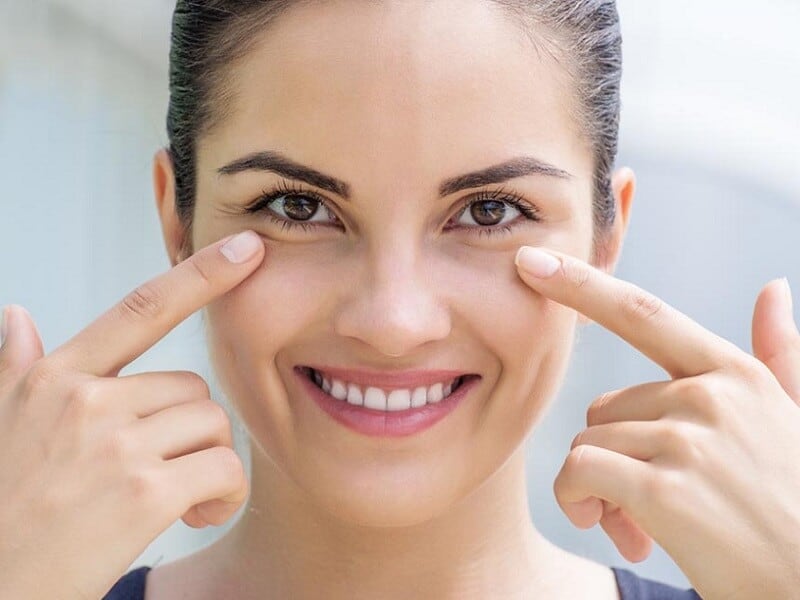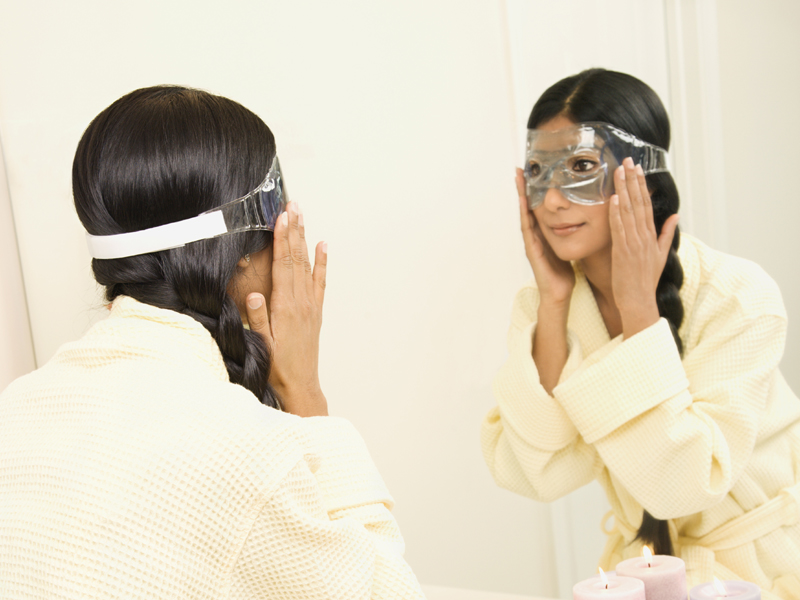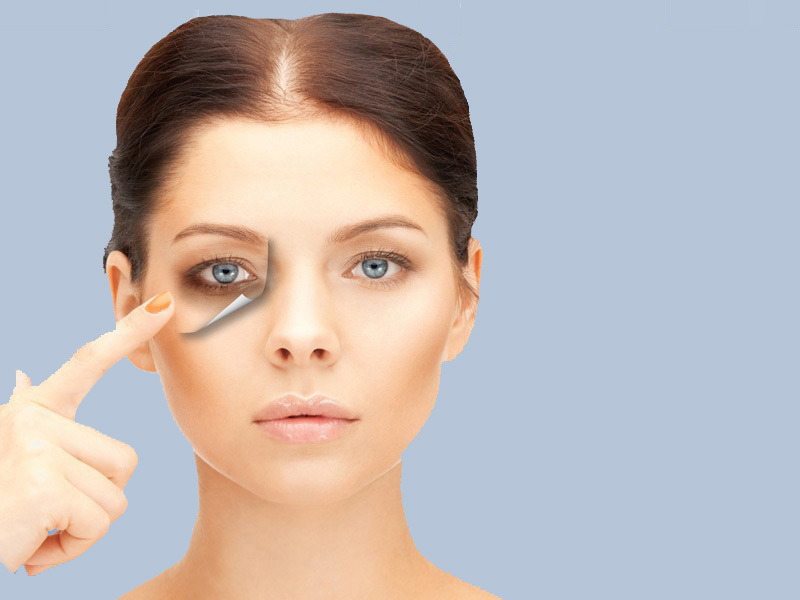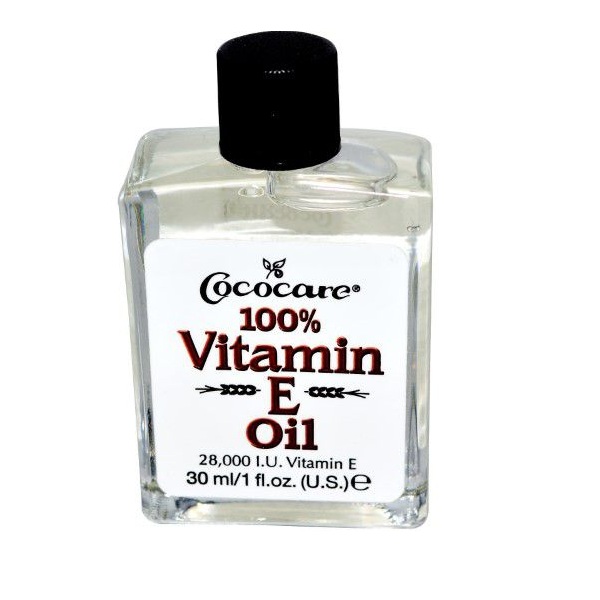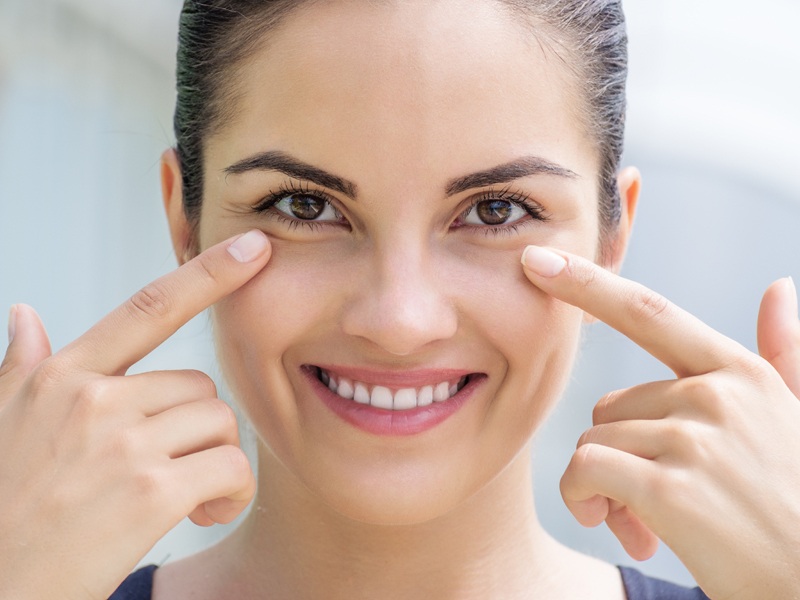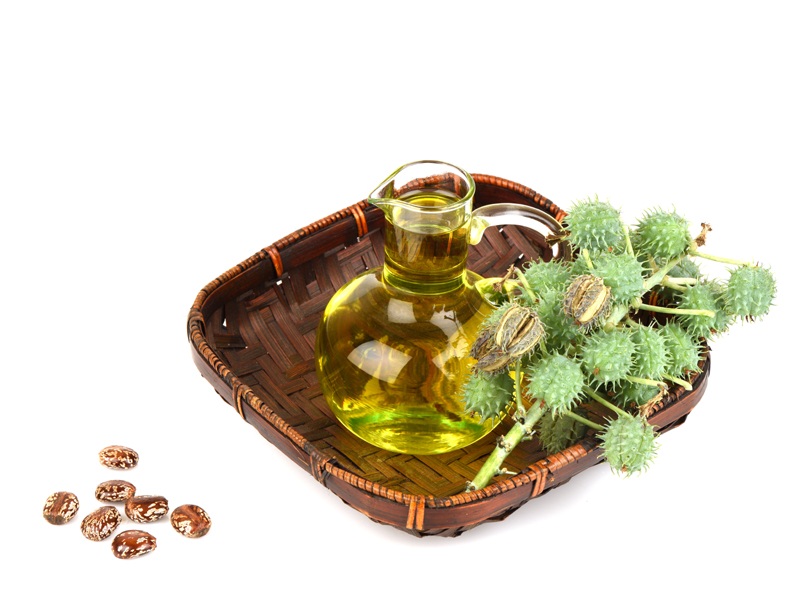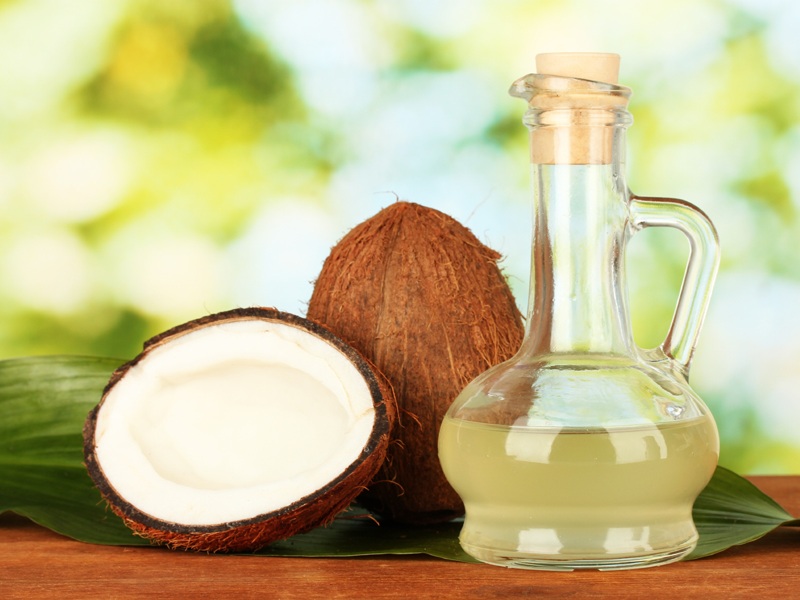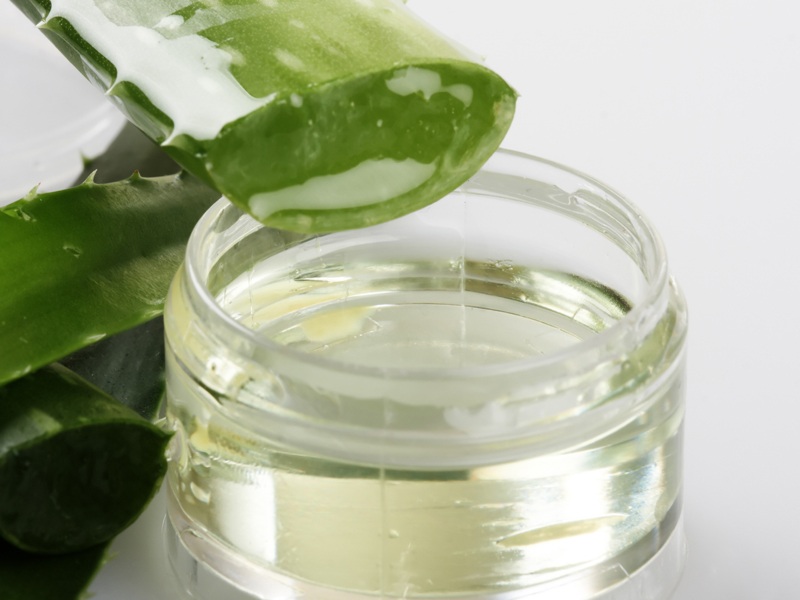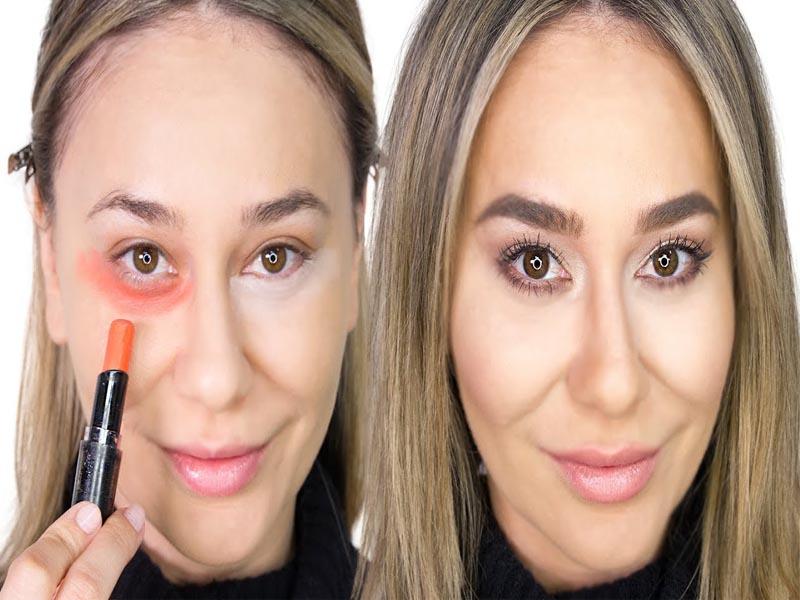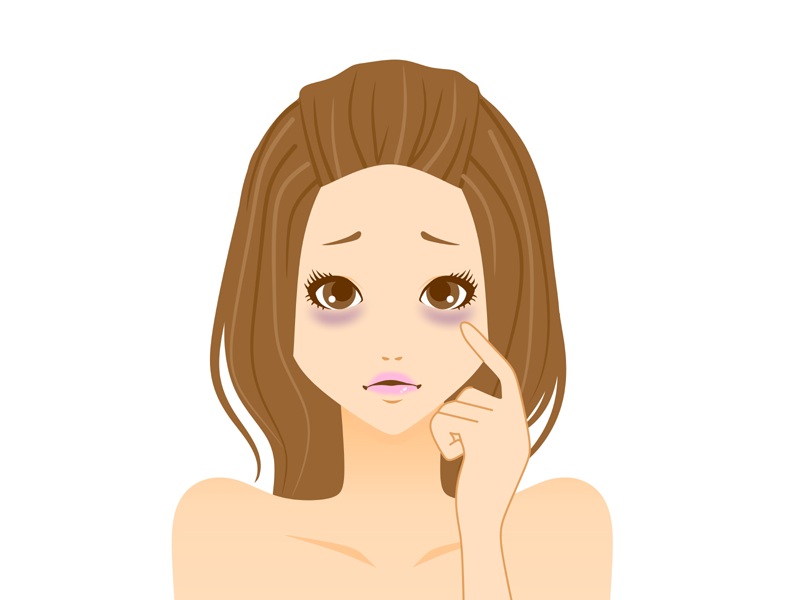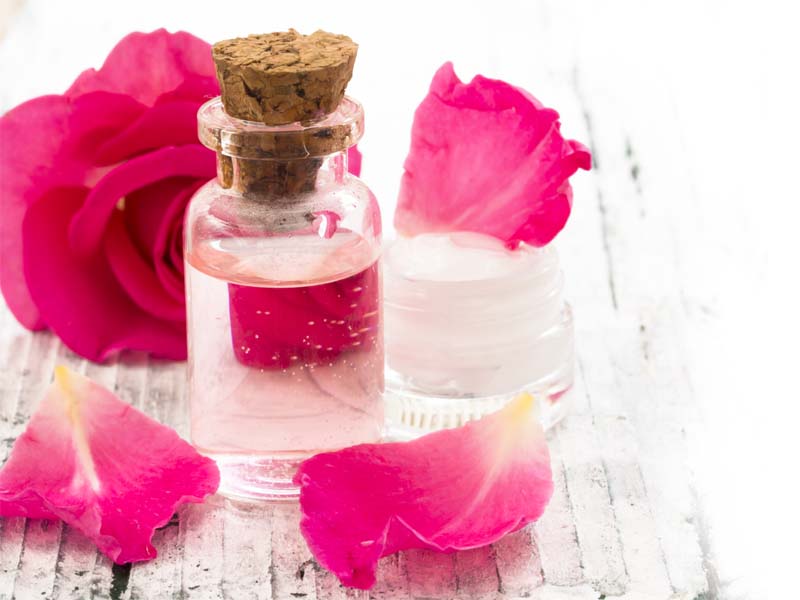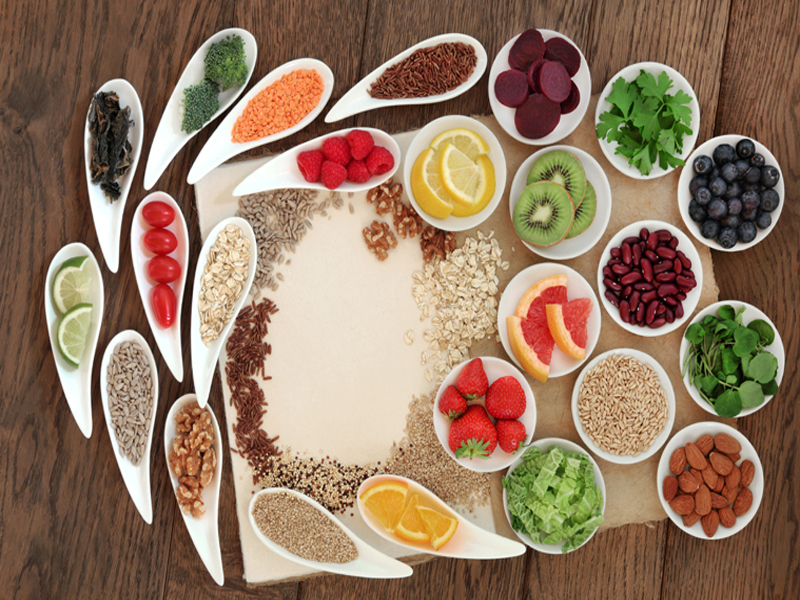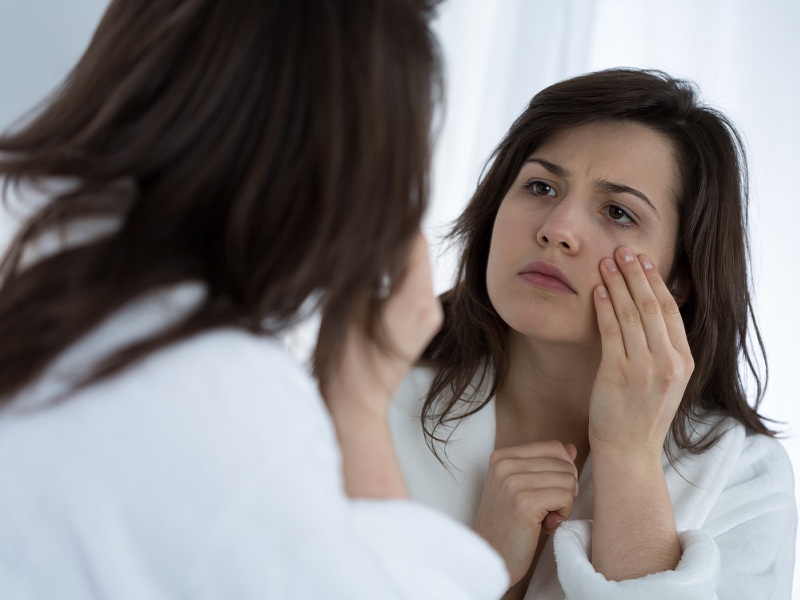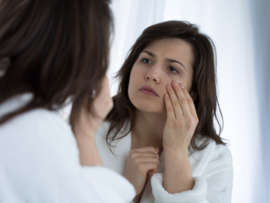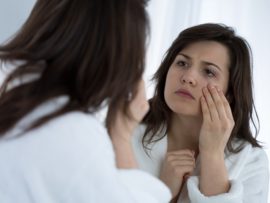Dark circles are a common cosmetic concern characterized by the appearance of dark, discoloured skin beneath the eyes. They can make you look tired or older than you actually are and can be caused by various factors, including genetics, age, lack of sleep, allergies, and dehydration.
What Causes Dark Circles?:
Dark circles can be caused by a variety of factors, including:
- Genetics: Some people are simply more prone to developing dark circles than others due to their genetic makeup.
- Age: As you get older, the skin around your eyes can become thinner, making blood vessels more visible and leading to the appearance of dark circles.
- Lack of sleep: Not getting enough sleep can cause the skin to become dull and pale, making dark circles more prominent.
- Dehydration: When you’re dehydrated, the skin around your eyes can become dry and dull, making dark circles more noticeable.
- Allergies: Allergies can cause inflammation and swelling in the eye area, making dark circles more prominent.
- Sun exposure: Exposure to the sun’s UV rays can cause hyperpigmentation, or an increase in melanin production, making dark circles more noticeable.
- Rubbing or scratching the eyes: Rubbing or scratching the eyes can cause inflammation and broken blood vessels, making dark circles more prominent.
- Medical conditions: Medical conditions such as anaemia, eczema, or thyroid problems can contribute to the development of dark circles.
If you are concerned about the appearance of your dark circles, it’s a good idea to talk to your healthcare provider to rule out any underlying health conditions that may be contributing to the problem.
Tips to Treat Dark Circles:
Here are some tips for treating dark circles:
- Get enough sleep: Lack of sleep is a common cause of dark circles. Aim for at least 7-8 hours of sleep per night to give your body enough time to rest and regenerate.
- Hydrate: Dehydration can also cause dark circles, so be sure to drink plenty of water and stay hydrated throughout the day.
- Use a cold compress: Applying a cold compress to the affected area can help reduce inflammation and make dark circles less noticeable. Try using chilled tea bags, cucumber slices, or a cold spoon to soothe your eyes and promote a more refreshed appearance.
- Protect your skin: UV rays can damage the delicate skin around your eyes and make dark circles more prominent. Be sure to wear sunglasses and sunscreen with at least SPF 30 to help protect your skin.
- Use eye cream: Look for eye creams that contain ingredients like caffeine, vitamin C, and retinol, which can help reduce the appearance of dark circles and promote brighter, more youthful-looking skin.
- Address underlying health issues: Allergies, sinus problems, and other health issues can contribute to dark circles. If you suspect that an underlying health issue is causing your dark circles, talk to your healthcare provider.
- Use makeup to cover up: If all else fails, you can use makeup to cover up your dark circles. Look for a concealer that matches your skin tone and provides good coverage, and apply it in a thin layer beneath your eyes.
Healthy Diet for Dark Circles:
Eating a healthy and balanced diet can help improve the appearance of dark circles. Here are some diet tips that may help:
- Stay hydrated: Drinking enough water throughout the day can help keep your skin hydrated and reduce the appearance of dark circles.
- Eat a diet rich in antioxidants: Antioxidants like vitamins C and E can help protect your skin from damage and promote a more youthful appearance. Foods rich in antioxidants include citrus fruits, berries, leafy greens, and nuts.
- Increase your iron intake: Anemia can contribute to the development of dark circles, so be sure to eat plenty of iron-rich foods like red meat, spinach, and lentils.
- Eat foods rich in vitamin K: Vitamin K can help strengthen blood vessels and reduce the appearance of dark circles. Foods high in vitamin K include leafy greens, broccoli, and asparagus.
- Limit salt intake: Eating too much salt can cause fluid retention, making dark circles more prominent. Try to limit your intake of processed and salty foods.
- Avoid alcohol and caffeine: Alcohol and caffeine can dehydrate your skin and make dark circles more noticeable. Limit your intake of these substances to help improve the appearance of dark circles.
Remember, while a healthy diet can help improve the appearance of dark circles, it’s not a substitute for proper sleep, hydration, and skincare. If you’re concerned about persistent dark circles, it’s a good idea to talk to your healthcare provider to rule out any underlying health conditions.
Home Remedies to Treat Dark Circles:
There are several remedies that can help reduce the appearance of dark circles. Here are a few options:
- Cold Compress: Applying a cold compress to the affected area can help reduce inflammation and make dark circles less noticeable. Try using chilled tea bags, cucumber slices, or a cold spoon to soothe your eyes and promote a more refreshed appearance.
- Tea Bags: Tea bags contain caffeine, which can help constrict blood vessels and reduce the appearance of dark circles. Simply steep two tea bags in hot water, let them cool and place them on your eyes for 10-15 minutes.
- Aloe Vera: Aloe vera gel contains antioxidants and vitamin E, which can help soothe and nourish the skin. Apply a small amount of aloe vera gel to the affected area and leave it on for 10-15 minutes before rinsing off with cool water.
- Tomato Paste: Tomatoes contain lycopene, which can help protect the skin from damage and reduce the appearance of dark circles. Mix a small amount of tomato paste with a few drops of lemon juice, apply it to the affected area, and leave it for 10-15 minutes before rinsing off with cool water.
- Almond Oil: Almond oil is rich in vitamin E and can help nourish and moisturize the delicate skin around the eyes. Gently massage a small amount of almond oil into the affected area before bed and leave it on overnight.
Remember, while these remedies can help reduce the appearance of dark circles, they may not work for everyone. If you’re concerned about persistent dark circles, it’s a good idea to talk to your healthcare provider to rule out any underlying health conditions.
Overview:
In conclusion, dark circles can have a variety of causes, including genetics, age, lack of sleep, and dehydration. While there is no one-size-fits-all solution, cold compresses, tea bags, and aloe vera can help reduce their appearance. Eating a healthy diet, staying hydrated, and protecting your skin from the sun can make a difference.


